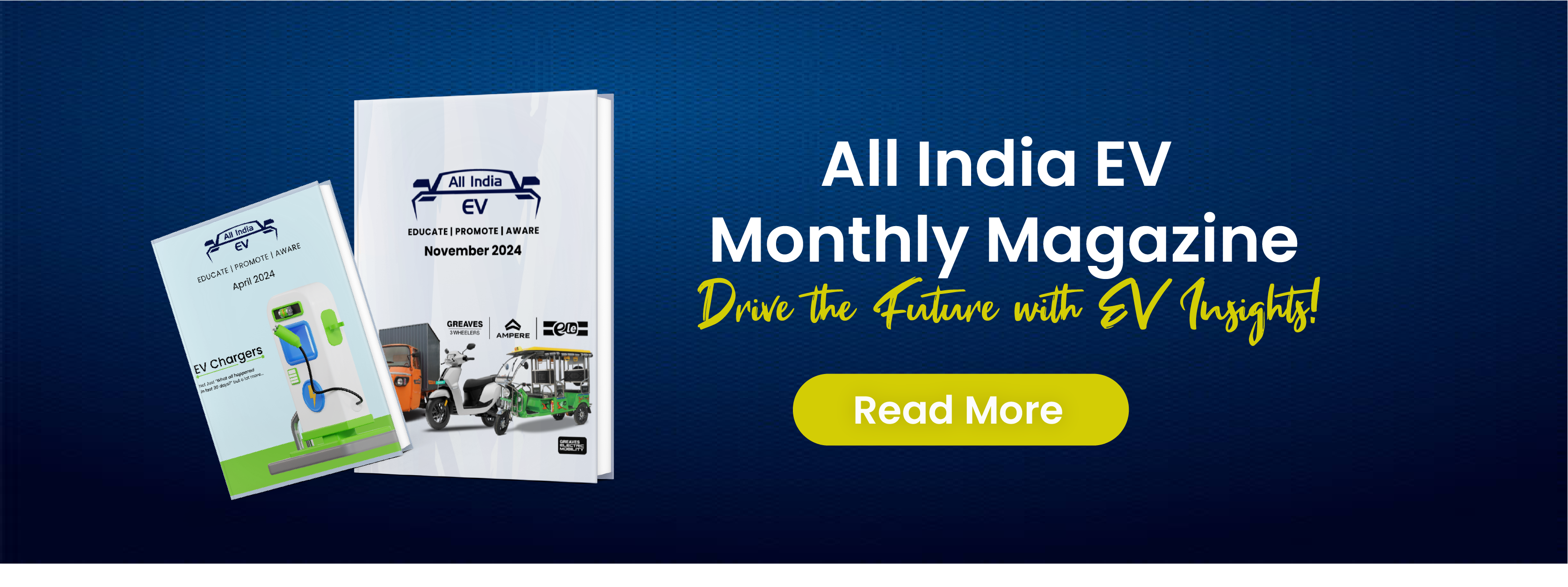
See how Indian Royal Enfield goes electric with Destiny.
The iconic motorcycle brand, Royal Enfield, is all geared to electrify its lineup. The Company is in advanced discussions to roll out its first electric bike next year. It joins the global race for high-performance electric two-wheelers. Renowned for its classic motorcycles, Royal Enfield commands a huge following across the globe and will bank on this popularity while making a shift toward electric mobility.
Royal Enfield’s Electric Charge
Legendary motorcycle brand Royal Enfield is all geared up to charge its product line. CEO B.Govindarajan said that the company would bring out its first electric bike in the from April 2025.
Govindarajan has explicitly spoken about the focus on design: “Our focus will be on a gorgeous-looking, very differentiated electric vehicle.” He did say, however, that basically every EV startup is wrangling with profitability and high costs. On the competitive position, though, he is brimming with confidence: “In a year’s time, when we enter with the product, we’ll be competitive.“
Herein lie challenges specific to the electric motorcycle market, differing from four-wheeled ones. The small space available for batteries calls either for frequent charging or exchangeability. While still having smaller margins compared with classic internal combustion motorcycles.
Royal Enfield Plots Electric Course
Royal Enfield has a clear roadmap into electrification. The company will be going ahead with a “fixed battery with fast charging” setup of its upcoming electric bike, said CEO B Govindarajan. Anuj Dua, head of the Asia-Pacific business, confirmed that an electric bike is in “advanced development“.
That means Royal Enfield and others are fast-tracking their electric journey as the race toward two-wheeler electrification goes global. Yamaha Motor realigned its electric vehicle timeline to more realistic ambitions. Honda is reportedly pumping in resources into electric motorcycles. Where it wants to capture a significant market share by 2030. Harley-Davidson is receiving federal dollars to ramp up its electric motorcycle production.
This is evident in Royal Enfield’s investments and unveiling of the electric Himalayan prototype at the Milan Motorcycle Show. All these strategic places in the very center of the changing landscape of electric motorcycles.
Electric Challenges for Royal Enfield
Analysts said it was still tricky to produce commercially viable, high-performance electric motorcycles. “For an electric vehicle to churn out that kind of performance, power and torque . .is highly demanding,” said Varun Baxi, a car industry analyst at stockbroker Nirmal Bang in Mumbai. He added, “The technology needs to be more evolved.” Royal Enfield has had heady growth in India, the world’s biggest motorcycle market by units sold, dominating the market for “midsize” models that are favored by affluent Indians.
These are larger than India’s ubiquitous budget scooters but smaller than prestige bikes produced by brands such as Harley-Davidson or Triumph. Moreover, Models typically cost between Rs 150,000 and Rs 400,000 each. While it had been leading the market, with more domestic and global brands getting aggressive on the introduction of midsize models in India, it has lost market share and is now looking at exports for growth.
India’s Electric Two-Wheeler Boom
Scooters have dominated the electric vehicle space in India, with companies like Ola Electric and Bajaj developing more affordable versions at price points of around Rs 100,000. Recently, an IPO by Ola Electric has further put a spotlight on the growing investor interest in the space for electric two-wheelers.
Added to this are the subsidy schemes by the Indian government and other initiatives to pull in global players like Tesla, which have further accelerated the electrification drive. In fact, even parent company Eicher of Royal Enfield found their electric vehicle endeavor buoyed by government incentives.
Though admitting that internal combustion engine two-wheelers would take time to be replaced with electric motorcycles, CEO B Govindarajan exudes confidence. He refers to India’s strong commitment to technology adoption, indicating a bright future for electric two-wheelers in the country.


 Monthly EV Magazine
Monthly EV Magazine